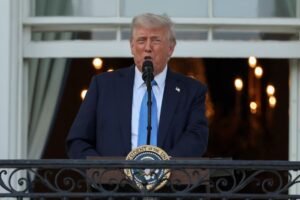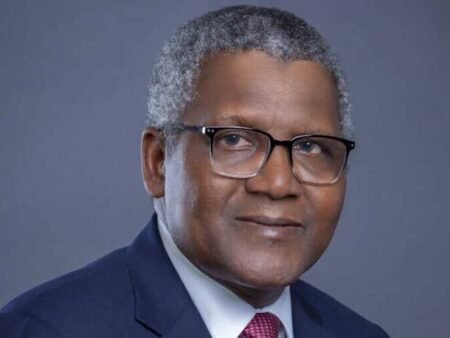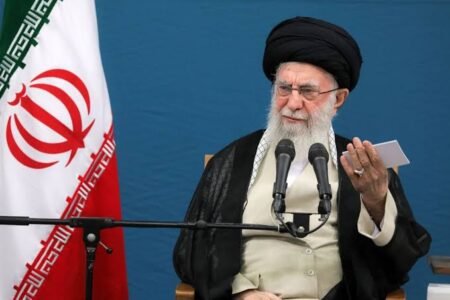Three years after its highly publicised debut, the fifth-generation (5G) network remains an exclusive luxury in Nigeria, available mostly to wealthy users in major cities. Despite its promise to revolutionise digital connectivity, 5G adoption continues to crawl.
Data from the Nigerian Communications Commission (NCC) shows that as of August 2025, 5G penetration stands at just 3.2 per cent. Out of 172 million active mobile lines, only about 5.6 million Nigerians, roughly 2.6 per cent of the population use 5G services.
While 5G has doubled national data consumption to over 1.1 million terabytes since 2023, affordability remains the biggest obstacle. The cost of 5G-enabled smartphones, mostly priced between ₦170,000 and ₦253,000 for entry-level models, is far above the government’s ₦70,000 minimum wage. Popular brands such as iPhone, Samsung and Huawei sell for several hundred thousand naira more.
Nigeria’s reliance on imported devices has deepened the problem. Without local manufacturing or assembly plants, the country spends about ₦50 billion monthly on smartphone imports.
The network coverage gap is equally stark. MTN’s 5G presence spans just 11 states, while Airtel’s rollout covers five, mainly in urban centres like Lagos, Abuja and Rivers. Rural and semi-urban communities remain stuck on 4G or even 2G networks.
MTN has invested over $120 million in 5G expansion, with plans to commit $3.5 billion over five years. Airtel also pledged $700 million annually to strengthen its network. Yet, these efforts have barely dented the urban-rural divide. Mafab Communications, the third licensee, has made limited progress despite government defence of its operations.
For comparison, India whose 5G rollout began around the same time boasts nearly 300 million users and 99.6 per cent district coverage within three years.
Telecom experts say Nigeria’s 5G rollout has been hindered by weak infrastructure, poor electricity supply, and high operating costs driven by the naira’s depreciation and reliance on diesel-powered towers.
Chief Deolu Ogunbanjo of the National Association of Telecom Subscribers criticised operators for poor service despite tariff hikes. “People are not getting value for money,” he said. “We must fix 5G before rushing into 6G.”
Indeed, with 6G trials already underway globally, experts warn that unless Nigeria addresses affordability and coverage issues, its digital divide could widen further, leaving millions disconnected from the promises of modern connectivity.










